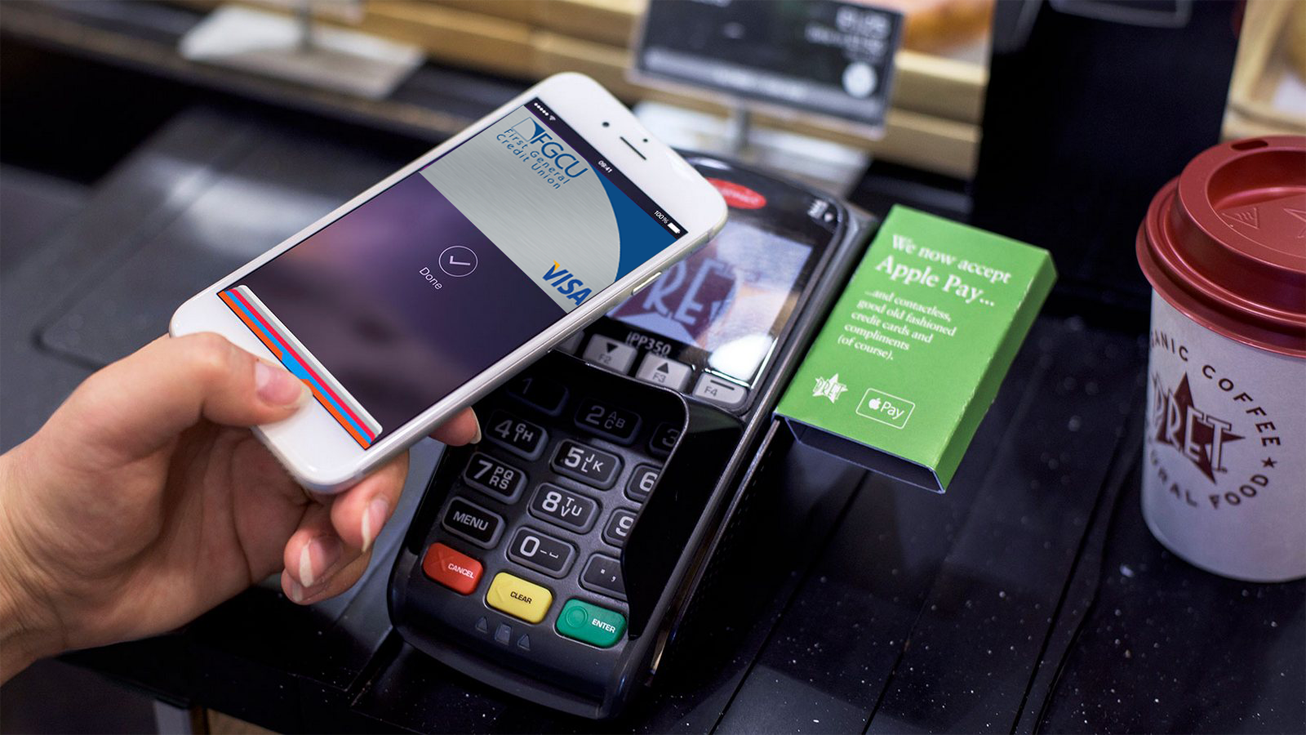Hi, I’m Adil Wali. I became a Microsoft certified professional at age 14 and started my first web development company. That led to a career as a serial entrepreneur, advisor, and startup investor. I got my first “real job” at 33, and I’m now a FinTech executive with a passion for the markets.

I saw an interesting article recently titled “What is the Most Difficult CEO Skill? Managing Your Own Psychology” by Ben Horowitz on TechCrunch. In it, Horowitz talks about the stressful aspects of being a CEO (there are many) and shares some techniques he uses to calm his nerves.
The startup environment is frothy now. Money’s coming back into play and investors are looking for the next big thing in tech. Sound familiar? When the market heats up, so does the pressure. So I got to thinking about stress, how it can impact the quality of life and some of the things I do to help manage it. Stress is important. 90% is self imposed or imposed by other people and it doesn’t help you. So why are we so bad at dealing with it?
There’s nothing good about stress
I’ve yet to to see any truth that stress does anything good for people. Sure, there are those out there who claim, “I perform well under pressure.” That’s just a total load of bull to me. I’ve never seen anyone under stress perform better. In my mind, people who say that are either going to perform well anyway, or they’re constantly putting themselves in a position where their backs are against the wall. To me, anyone who says they’re only good under pressure is sending out a big, bright red flag.
How I manage stress
Naps. If you know me at all, you know I’m a fan of taking naps. I’ve even written about why you should insist on taking naps and if you can’t nap, meditate. I take naps every day if I can because I find it’s a HUGE stress reliever. I’ve never woken up from 15 minutes or more of napping and still felt stressed. Most times, I can’t even remember what was stressing me. I consider taking naps a form of cheating life – an “unfair advantage” of sorts.
Journaling and talking to myself. I also do an insane amount of journaling using Evernote. At last count I think I had 11,000 Evernotes. I talk to myself at every possible opportunity – or type to myself if I’m not in an open setting where someone might think I’ve lost my mind. I use a digital voice recorder and talk about whatever things are starting to interest me at that moment. I think these habits are compatible with two techniques Horowitz mentions in his article: “Make friends” and “Get it out of your head and onto paper.” Oftentimes people need someone to talk to. You’re probably most compatible with yourself, so talking to yourself out loud and journaling makes perfect sense to me.
Getting into student mode. I find I’m most productive and least stressed when I’m in what I call “student mode.” When I’m in student mode, my attitude is “I’m here to learn, it’s okay to be wrong.” In student mode you can meta think – what’s the best way to solve this problem?
Student mode entails asking ourselves things we might have asked when we were in school but don’t ask ourselves in real life. In school, you don’t really think so much about the fact you have a problem. Instead, you’re thinking, “How do I solve this in the best way?” – or “How do I handle this to get the best grade?” Mentally, student mode has been a huge win for me. I tell myself, “Don’t forget you’re a student of entrepreneurship. This is your life in the classroom. Let’s think through the current challenge and potential solution options and then work through it”. Student mode mentally/emotionally removes me from the situation. It’s like I’m someone else looking at my life.
Staying in control
I feel like I’m pretty chill most of the time. I see flying off the handle as a sign of weakness; a character flaw. If you can’t control yourself, you need to go back to square one. Do not pass Go; do not collect $200. We all need ways that work for us to relieve stress so we can stay calm under pressure. It’s just (an important) part of life.






